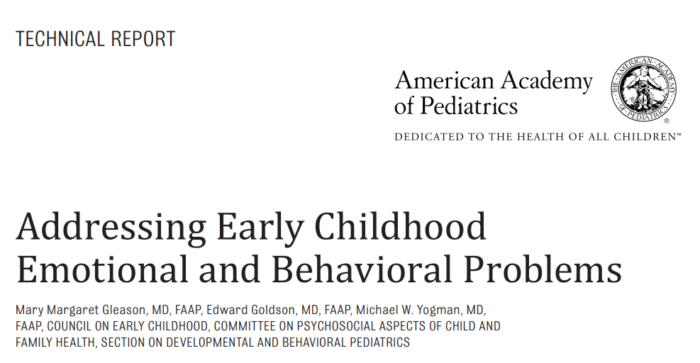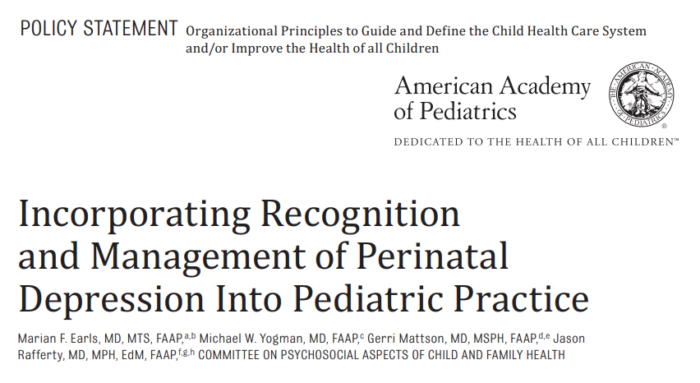Transforming & Expanding Access to Mental Health Care in Urban Pediatrics: Early Learning Report

TEAM UP for Children (Transforming & Expanding Access to Mental Health Care in Urban Pediatrics) builds the capacity of federally qualified health centers (FQHCs) to deliver high-quality, evidence-informed, trauma-responsive, integrated behavioral health care to children, adolescents, and their families in eastern Massachusetts. This report highlights initial learnings and describes both the investment decisions and the initiative design choices made by funders and key partners as they worked to build TEAM UP and position it to succeed in health centers across a variety of communities and with different levels of experience delivering integrated behavioral health care. The report is meant to inform funders, policymakers, and health care leaders about the investments and supports needed to effectively integrate behavioral health care into pediatric primary care settings.
Boston Medical Center (BMC) serves as the backbone organization for TEAM UP, leading both its implementation team and evaluation through affiliated Boston University School of Medicine teams. Through a learning community, FQHCs receive implementation coaching from BMC and peer support from other FQHCs by sharing best practices, working together to solve problems, and celebrating successes. In addition to deciding whom to fund and for what, a strategic set of choices guided how TEAM UP would be developed driven by the needs and developmental priorities of the FQHCs and BMC.
TEAM UP’s Critical Design and Implementation Decisions
- Commitment to long-term support
- Investment in the development of and adaptation of community-based solutions
- Co-design and shared governance





